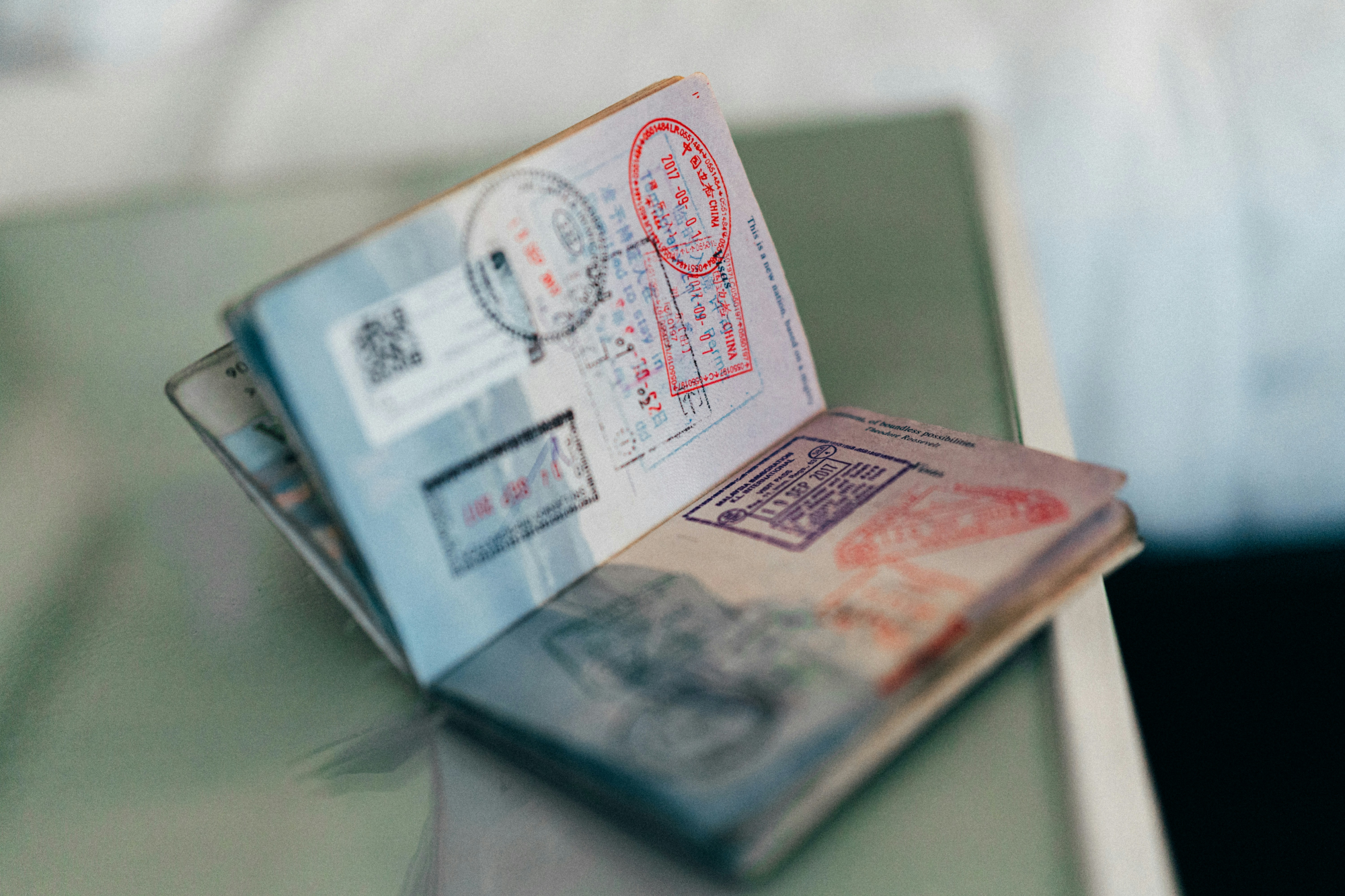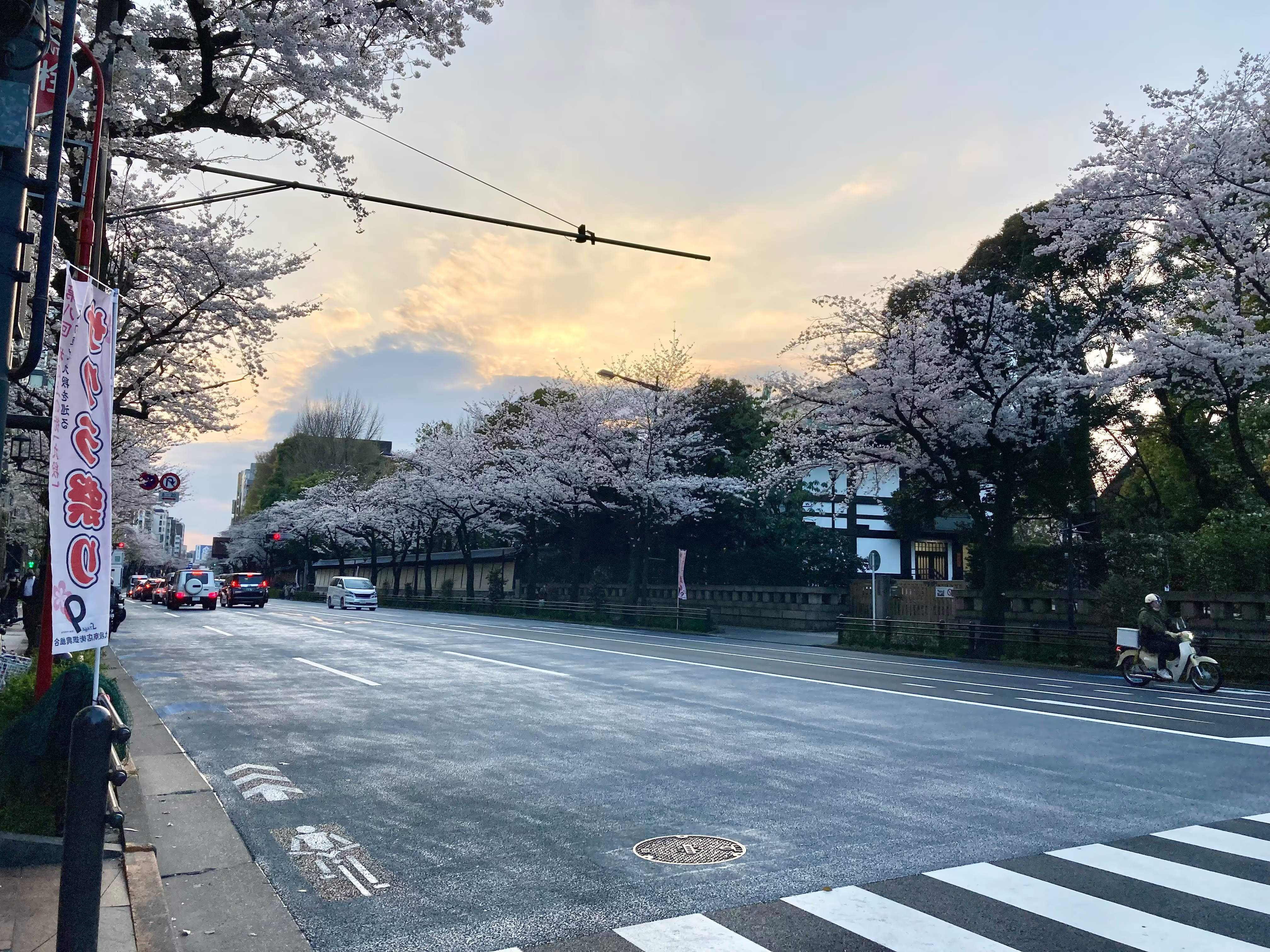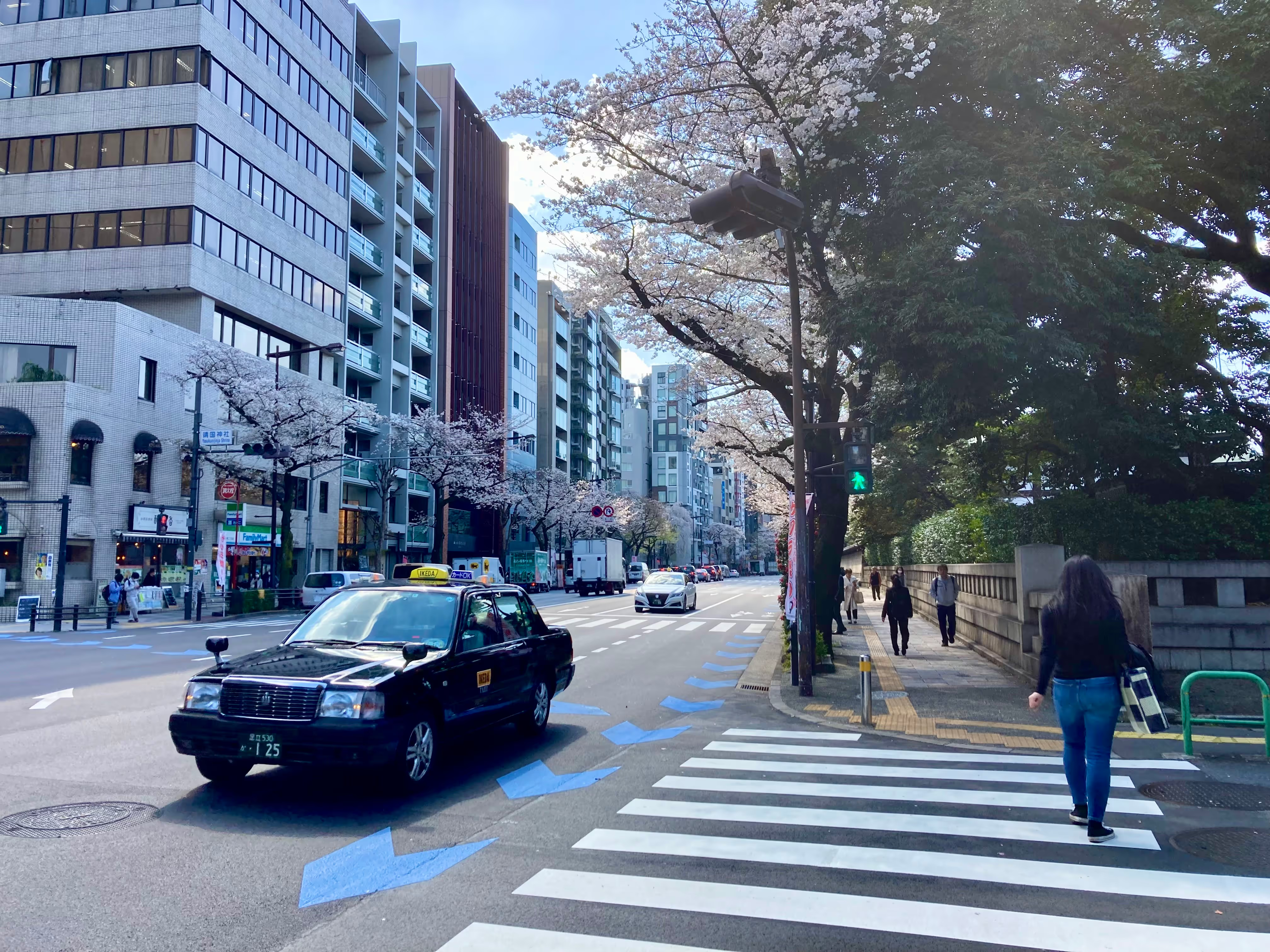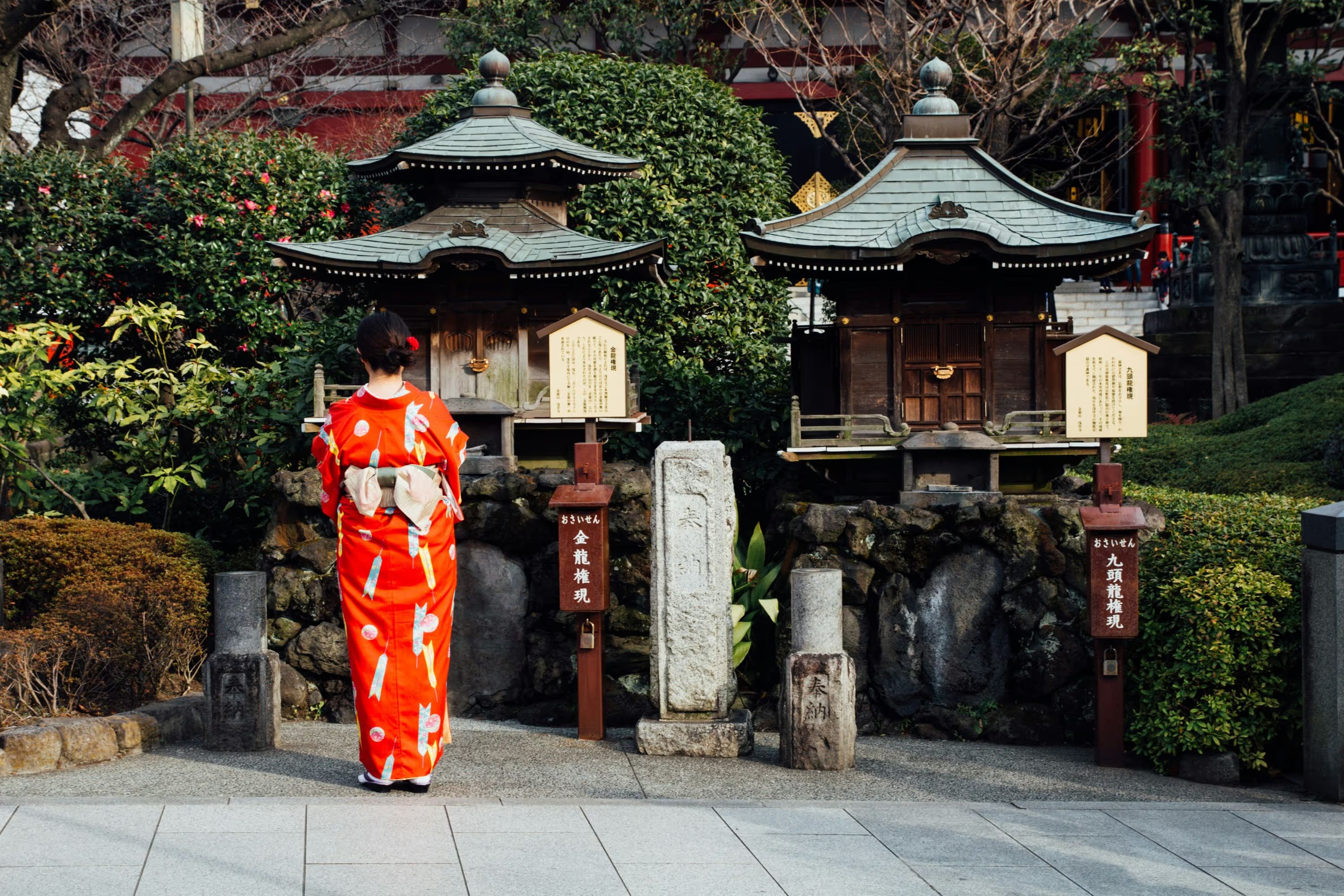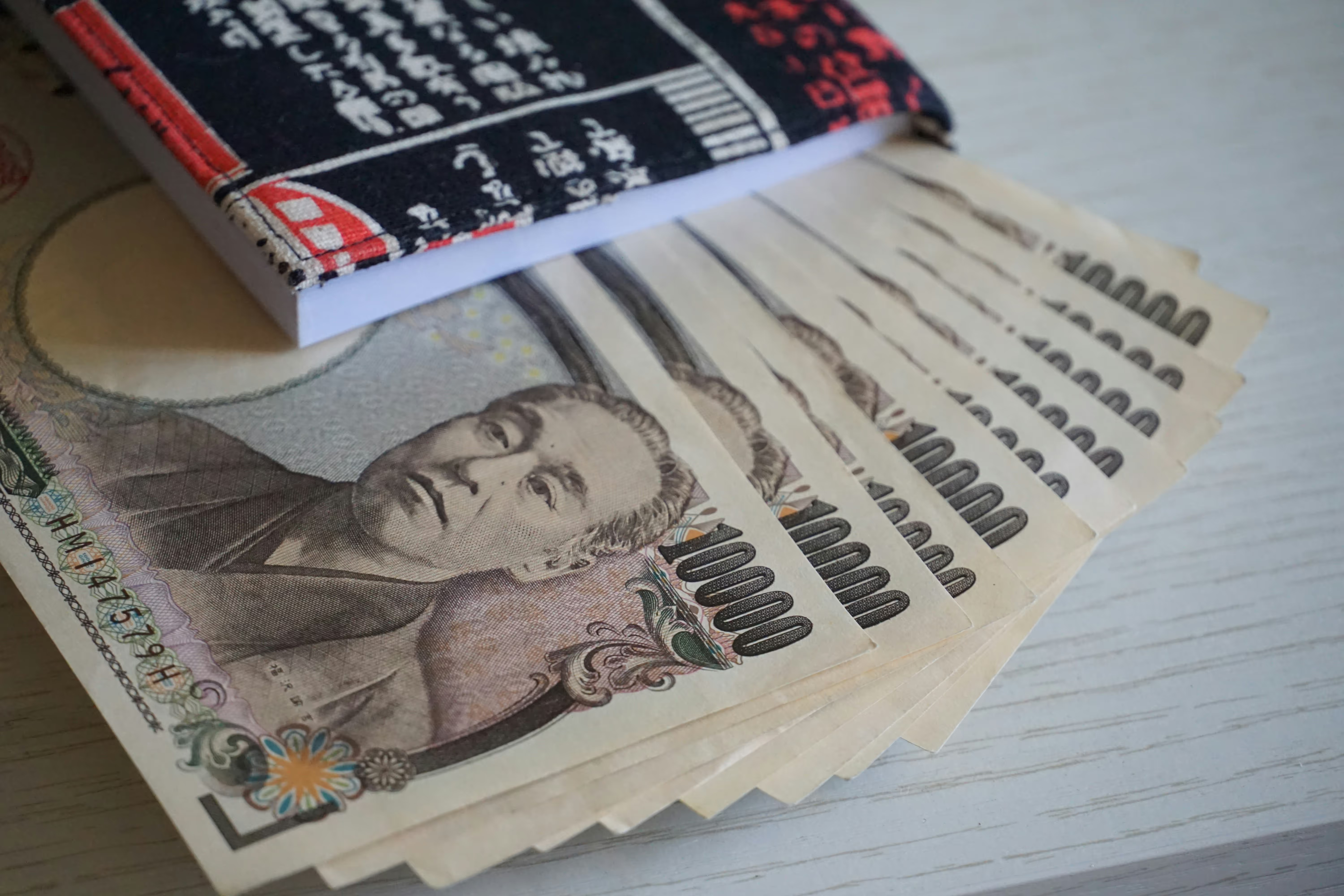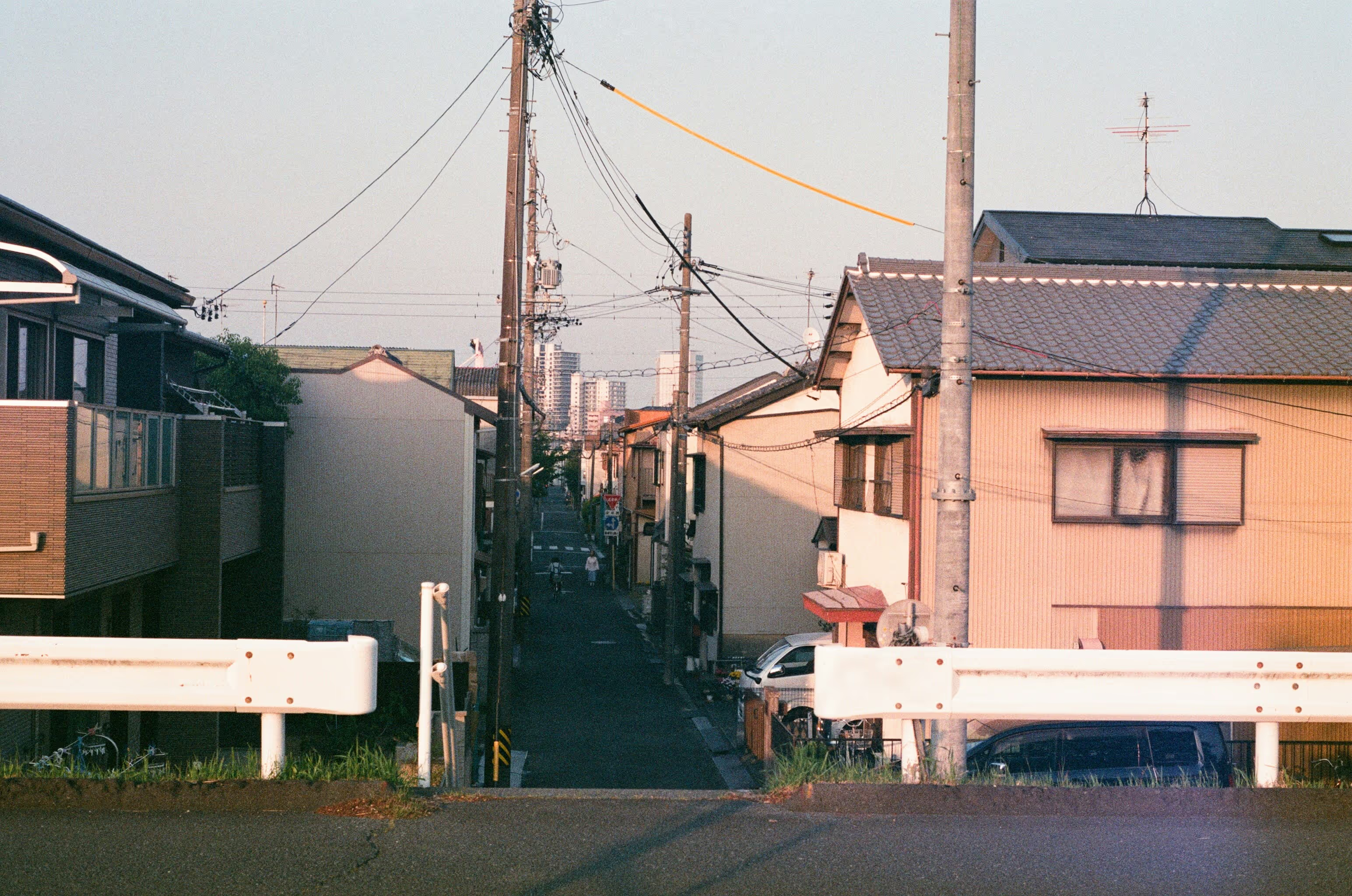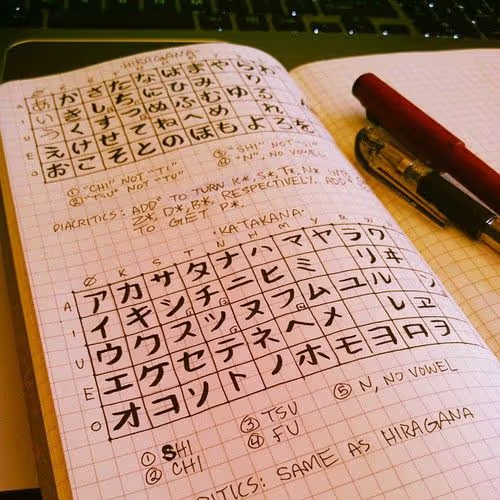My goal today is to use my example to show what can happen when you're a foreign worker in Japan, what signs you can look for to avoid ending up in a very bad situation, and how to get out of it.
My story
This happened during my first year in Japan. I had come from France on a work visa sponsored by a French-owned company in Japan. My first visa was valid for one year. After about nine months at the company, I wanted to prepare for the following year, so I went to my boss and asked if we could talk about my visa. I didn't ask him to sponsor me again right there and then, I just wanted to talk about it. That's when it started.
The immediate answer was "not yet". He simply refused to discuss it. At first, he said there was still time before the end of my visa, but he seemed to deliberately keep things vague, to keep me uncertain about whether I'd be sponsored or not. This was very stressful.
When I asked a second time, his answer shifted: "we'll talk about it when all projects are done", then "If you want to talk about it, you should put in extra time to finish the projects, and then we'll talk".
I was very lucky to have my girlfriend with me at the time. She immediately recognized this for what it was: blackmail. I started looking for another job to sponsor my visa extension, and luckily, I quickly found one. I began the paperwork, but I still needed some documents from my old company. Since I was still serving my one-month notice period, I was still working there, and once again, my boss tried to demand extra time in exchange for handing over the documents.
Fortunately, I had noticed a few months earlier that the neighborhood association where I was taking Japanese classes also offered legal assistance. I reached out for help, and everything started getting better from there.
Key Takeaways
- Not talking about your visa is a red flag.
I can't say exactly what obligations companies have, but refusing to even discuss your visa is at least suspicious. Even before this, my boss had often said that employees (myself included) didn't show him enough gratitude for sponsoring their visa. While it's natural to feel grateful to a company that helps you get a visa, having a boss who repeatedly insists that you owe them for it is a major red flag.
- Don't assume safety just because of nationality.
Working under someone from your home country can feel reassuring and does come with advantages, but it doesn't make you immune to exploitation. Similarly, coming from a "rich country" with a strong passport doesn't guarantee you won't face problems. Of course, having a strong passport made my situation less risky. We have to acknowledge the fact that for people from countries with weaker passports, the same kind of blackmail can be far more dangerous, since their options for changing jobs or staying in Japan legally are much more limited.
- Plan visa renewals in advance.
Especially for your first renewal, start early. That way, if a problem arises, you have time to react. If I had less time left on my visa, I would have been in a weaker and far more stressful position, potentially forced to comply with an abusive situation just to stay in Japan.
- Look for local associations.
From the start of your life in Japan, find local groups and associations. Whether for language learning or legal support, they're full of people willing to help.
Final thoughts
I don't want to scare anyone, far from it. Since then, I've had multiple good experiences, and so have almost all of the people I know here. But I still think it's important to raise awareness. These situations are extremely tricky, and a lot hangs in the balance.
The important thing to remember is this: no matter which country you're from, you still carry a vulnerability some people might try to exploit. Keep that in the back of your mind, not to become paranoid, but so you can recognize the signs if you ever find yourself in an exploitative company.
PS
By the way, here’s a piece of information that some bosses in Japan seem to ignore (or pretend to ignore) about Visa sponsorship. Once you have a work visa, it is dependent on you being employed in your field, but it is not tied to the specific employer who sponsored you. There is no legally required minimum period you must work for that employer, beyond the regular resignation notice in your contract (30 days by default if not specified).
If you quit or lose your job, your visa remains valid for three months, giving you time to find another compatible position. And on the same topic of changing jobs: you are under no obligation to tell your employer that you are job hunting, even if they originally sponsored your visa. These are matters that Japanese law keeps separate.
If you’re unsure about your specific case, I once again recommend reaching out to a local association for advice, there are plenty, and happy to help.

